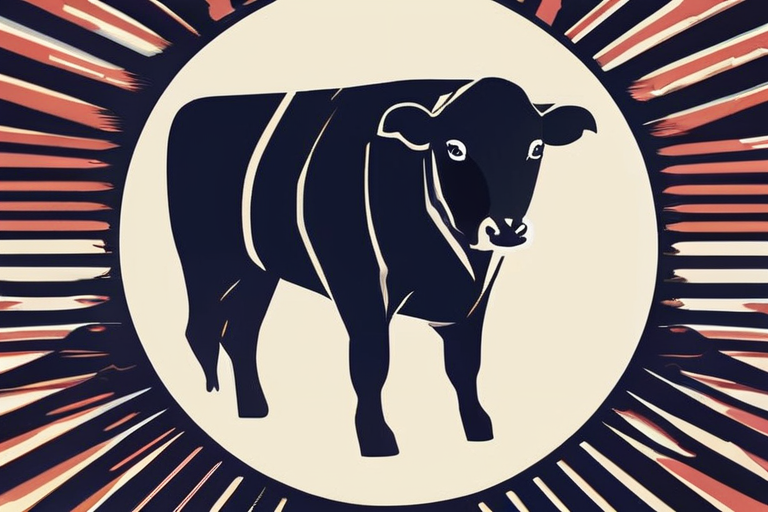Animal Abusers Evading Justice: Industry and Consumers Alarmed by USDA Report


Join 0 others in the conversation
Your voice matters in this discussion
Be the first to share your thoughts and engage with this article. Your perspective matters!
Discover articles from our community

 Hoppi
Hoppi

 Hoppi
Hoppi

 Hoppi
Hoppi

 Hoppi
Hoppi

 Hoppi
Hoppi

 Hoppi
Hoppi

Aston Martin in Profit Warning Amid US Tariff Woes Luxury carmaker Aston Martin Lagonda has issued a profit warning, citing …

Hoppi

Oasis Drones Light Up Chicago Sky on Eve of Band's Only Midwestern Gig in U.S. CHICAGO - On the eve …

Hoppi

Weight Loss Drug Mounjaro Faces Supply Shortage Ahead of Price Hike The UK's weight loss market is bracing for a …

Hoppi

Global Family Office Reset: Trends For Advisors To Act On The latest Citi 2025 Global Family Office Report reveals a …

Hoppi

BREAKING NEWS Air India Crash Aftermath Handled "Irresponsibly", Says Court The Supreme Court of India has condemned the country's aviation …

Hoppi

The Best Alexa Speaker for Your Home: Amazon Echo Takes the Lead In a crowded market of smart speakers, Amazon's …

Hoppi